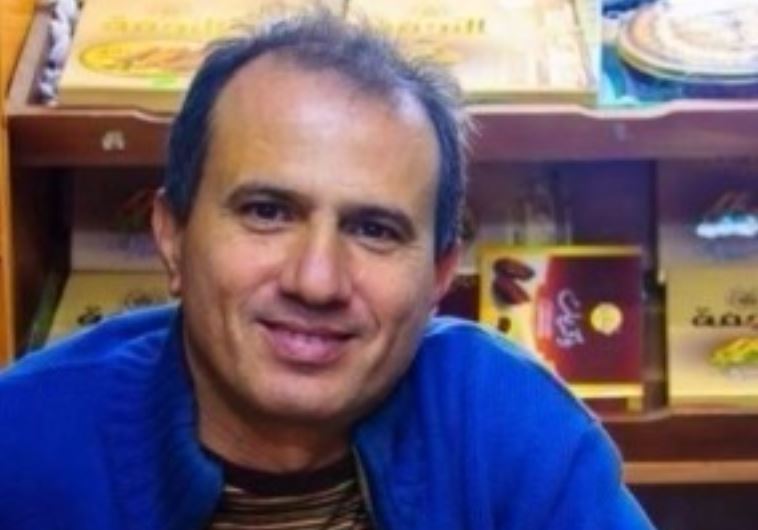Bulgaria says no gunshot wounds on body of dead Palestinian fugitive
Zayed, 52, escaped from Israeli custody over 25 years ago after being convicted of murdering an Israeli yeshiva student in 1986.
 Omar Zayed, Palestinian man who died at the embassy in Bulgaria.(photo credit: ARAB MEDIA)Updated:
Omar Zayed, Palestinian man who died at the embassy in Bulgaria.(photo credit: ARAB MEDIA)Updated: